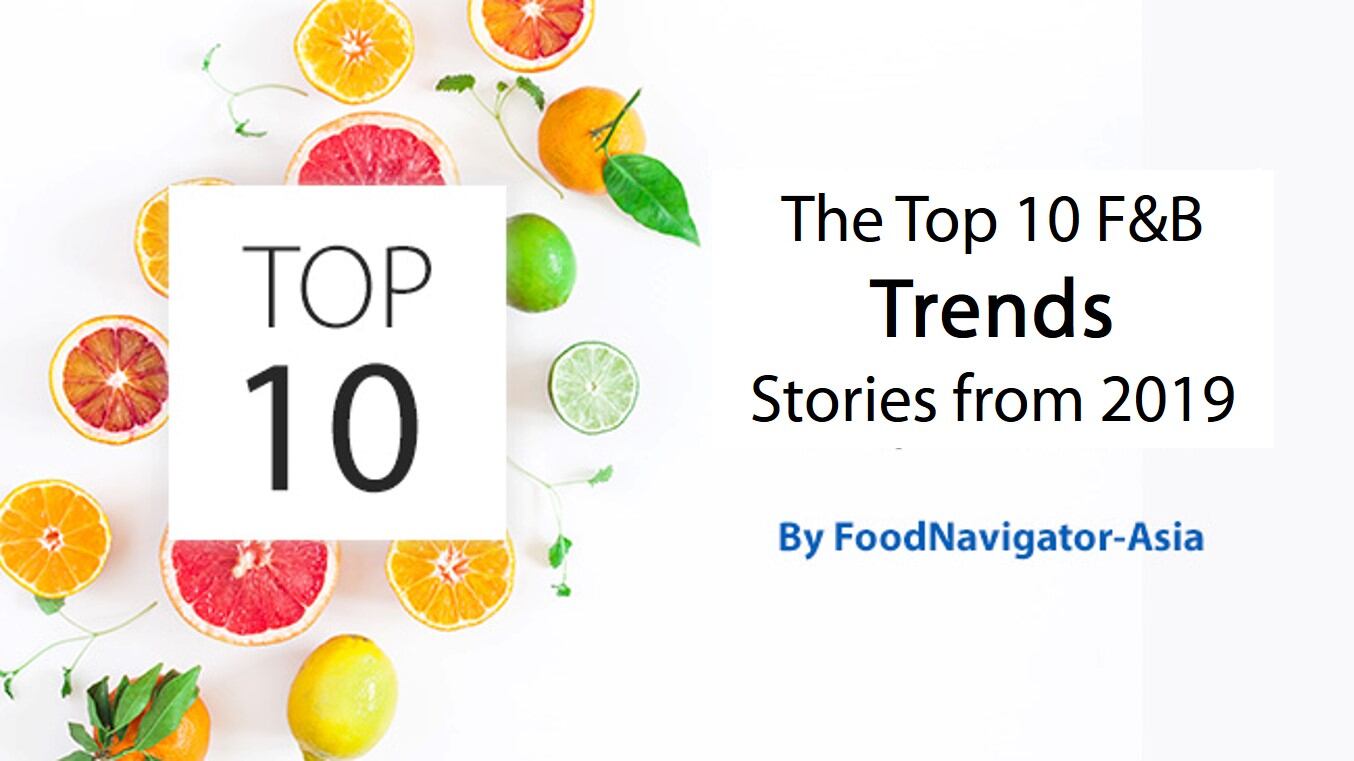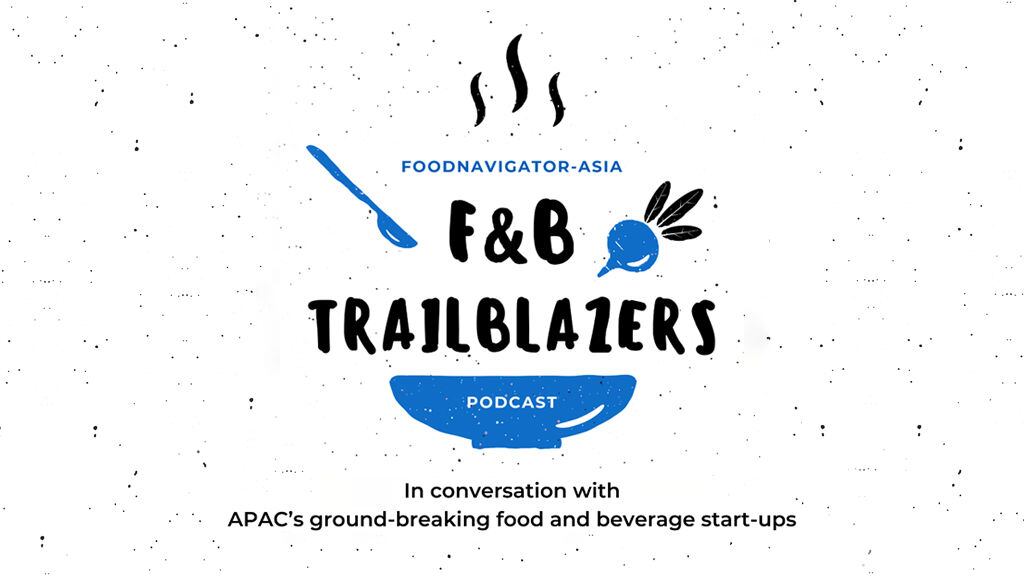Vegan expansion: Australia’s Woolworths and Coles striving to meet soaring consumer demand
Trend: Plant-based and clean meat developments
Australian supermarket giants Woolworths and Coles both have an eye on expansion into the vegan market this year in order to cope with increasing demand.
This comes as no surprise given that Australia is the third-fastest growing vegan market globally according to Euromonitor, and is also the top ranker in terms of global veganism popularity according to Google Trends data.
“We are seeing a trend where more of our customers are embracing meat alternatives and introducing vegetarian and vegan-friendly options into their weekly diets, including adding plant based foods that don’t compromise on taste, quality or price,” said Woolworths Senior Nutritionist Natalie Chong to Canstar Blue.
“This is not to say that customers are becoming strictly vegan or vegetarian, but they are more conscious of adding more vegetables and plant based foods into their diet as an additional source of nutrients when they can.”
Zero alcohol in India: AB InBev to launch Budweiser and Hoegaarden non-alcoholic beers in the country
Trend: Zero- and non-alcoholic beer
Global brewing giant AB InBev will be launching non-alcoholic beers in India across the next three months under two major brands: Budweiser and Hoegaarden.
Capitalising on the growing interest in the non-alcoholic beer category in Asia, AB InBev looks to offer its consumers ‘choice’ when it comes to consumption in this category.
“The launch of non-alcoholic beers in India is in line with our global goal to offer low and non-alcoholic beverages to consumers [in line with] our Global Smart Drinking Goals,” AB InBev South Asia President Ben Verhaert told FoodNavigator-Asia.
“[One of these goals is] Empowering Consumers Through Choice, [and through this we aim] to ensure that No or Lower alcohol beer products make up at least 20% of our global beer volume by 2025.”
Zero halal: Heineken clarifies its zero-alcohol beer is for non-Muslims only
Trend: Zero- and non-alcoholic beer
Heineken’s recent launch of its zero-alcohol beer in Malaysia has hit its first snag less than a month in, with a government minister accusing non-alcoholic beers as being‘confusing’ for Muslims.
Speaking after a religious event, Minister in the Prime Minister's Department Datuk Dr Mujahid Yusof said that: “Using an alcohol brand name without the alcohol is very confusing because the process of manufacturing the beverage, including distillation, falls under the system of producing alcoholic products.”
"We know that [these drinks] are made by alcohol companies, so even if it is said to not contain alcohol, this can cause confusion and make Muslims think that they can consume it.”
Although Heineken was not mentioned by name, the minister made the comments in relation to the promotion of zero-alcohol beer by ‘an alcoholic beverage company’ that was ongoing in convenience stores.
‘Full supply chain transparency’: Nestle publicly discloses lists of commodity suppliers in industry-first move
Trend: Traceability and sustainability
Global food and beverage giant Nestle has published its second round of supplier lists for public perusal in an industry-first move towards total supply chain transparency, revealing Oceania, Malaysia and Indonesia as its biggest APAC suppliers so far.
The first food-related commodity supplier list that was earlier published on Nestle’s website was for palm oil, and this was recently followed by four more lists for meat (beef, pork, veal, lamb, mutton), vanilla, soya and hazelnuts.
Nestle Executive Vice President, Head of Operations Magdi Batato said that: "By mid-2019, we will also publish the supply chain information for our other priority commodities, which include seafood, coconut, vegetables, spices, coffee, cocoa, dairy, poultry, eggs, cereals and sugar.”
“These commodities cover 95% of the company’s annual sourcing of raw materials.”
New halal blockchain traceability tool touted as a supply chain ‘gamechanger’
Trend: Traceability and sustainability
An online halal agrifood marketplace with a focus on blockchain food traceability, is poised to bring added traceability benefits to the halal economy.
OneAgrix's B2B platform will not only be able to track and trace halal produce and ingrediens, it will verify the authenticity of a manufacturer's halal certificate before a potential buyer can make a purchase. The data will be vetted and secured through a blockchain ledger to help combat halal food fraud and counterfeiting.
It is widely recognised that a spate of fake halal products and dodgy certification has brought a growing need for more transparency in the segment. With blockchain already being used in the mainstream food industry, OneAgrix's is taking it to the halal segment with a solution powered by the OriginTrail protocol developed by Hong Kong tech startup Trace Labs.
Tmall reveals the top seven food and beverage trends driving China's consumer market
Trend: Country-specific
Alibaba's e-commerce arm Tmall has revealed seven trends in China's F&B consumer market, including small packs, diet replacements, low-sugar, international, Internet sensation, inter-industry cooperation, and cultural element revival.
The report jointly published by Tmall and CBN Data, looks at online consumer data collected between 2016 and 2018.
PepsiCo responds with 'disappointment' at Indofood's withdrawal from RSPO over disputed audit decision
Trend: Traceability and sustainability
PepsiCo has voiced its 'disappointment' in Indonesian food giant Indofood's decision to withdraw from the Roundtable of Sustainable Palm Oil (RSPO) certification scheme ‘with immediate effect’. Indofood had cited ‘extreme disappointment’ in the process and outcome of the RSPO audits conducted on the firm as a reason.
After conducting an ‘independent verification visit’ in June 2018 to PT Perusahaan Perkebunan London Sumatra Indonesia Tbk (Lonsum), owned by Indofood plantation arm Indo Agri, the RSPO complaints panel issued a final decision letter to the company on November 2 2018.
In the letter, the panel detailed a list of Lonsum’s supposed breaches of the RSPO Principles and Criteria (P&C), as well as ordered it to take a series of corrective actions.
In total, the letter listed some 23 alleged offences, ranging from workers’ working conditions and health risks to gender discrimination and child labour.
China tops the US in embracing plant-based and clean meat products: Study
Trend: Plant-based and clean meat developments
More well-educated and high income Chinese city-dwellers are embracing plant-based and clean meat as a healthier, more nutritious, and exciting option.
In fact, they prefer plant-based and clean meat more than the Americans, although the US is the innovation hub of alternative meat products, where companies such as Impossible Foods, JUST, and Beyond Meat are based.
According to a study published in Frontiers in Sustainable Food Systems, more Chinese were “very or extremely likely” to buy clean meat when compared to the Americans and Indians.
The number of Chinese who were “very or extremely likely” to purchase clean meat was twice as much as the Americans at 59.3% versus 29.8% and 10% more than the Indians.
Healthier Milo: Nestlé Thailand invests US$6.6m in world-first 'no added sugar' beverage version
Trend: Reformulation for health and wellness
Nestlé Thailand has invested THB200m (US$6.6m) in its no-sucrose version of Milo, in response to the country's sugar reduction policy.
Milo UHT No Sucrose contains no added sugar, and all energy derived from the chocolate drink will come from its milk and malt components.
“Nestle Thailand is introducing new products [with more] healthier and tastier choices [to] let consumers choose the amount of sugar they want,” Nestle Thailand Business Executive Officer (Dairy & Adult Nutrition) Chaiyong Sakulborrirug told FoodNavigator-Asia.
“[These include our] three MILO variants – the new Milo UHT No Sucrose, which joins Milo 30% Less Sugar (first launched in 2017) and regular Milo.”
Trace what matters: Is Blockchain the solution to food safety, quality and brand reputation?
Trend: Traceability and sustainability
Blockchain technology is now a commonly discussed topic in the food manufacturing industry, but what tangible benefits can it deliver? In this edition of Asia’s Food Future: Industry 4.0, we zoom in on this topic to assess its potential across food safety, quality and retail.
Blockchain has its beginnings in Bitcoin, a ‘peer-to-peer version of electronic cash. The technology was created 10 years ago in 2009 or so to support Bitcoin transaction systems by its founder, a mysterious persona known as Satoshi Nakamoto whose identity remains unknown.
“[Blockchain is essentially] a distributed database that stores data across a network of computers that share information peer-to-peer without the need for a central authority,” explained Alex Vitale, Project Manager at Foodchain, a blockchain technology provider that specialises in food industry applications.





